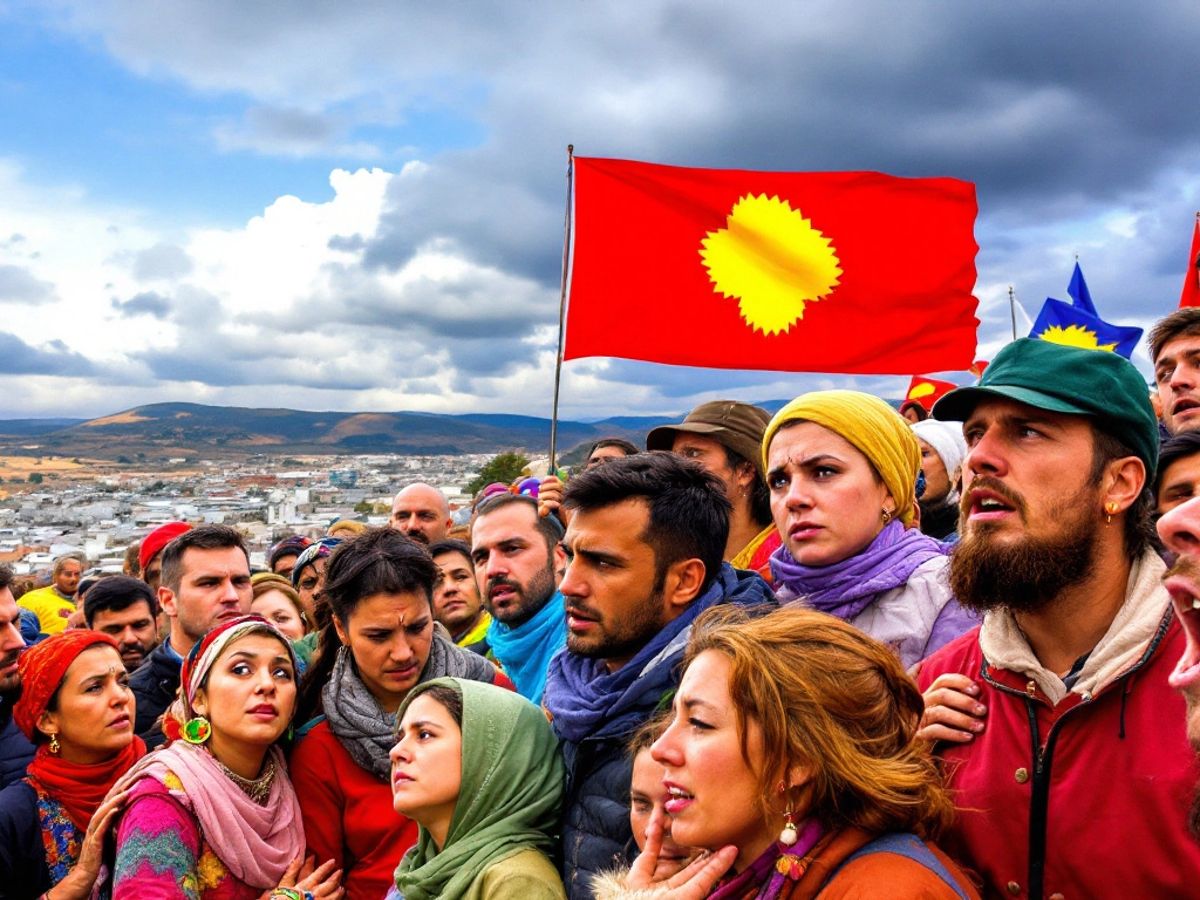Persistent ethnic tensions in northern Kosovo have raised alarms among NATO officials, who warn that the region could see a resurgence of violence reminiscent of last year’s deadly clashes. U.S. Navy Admiral Stuart B. Munsch highlighted the risks during a press briefing in Pristina, emphasizing the need for dialogue and stability in the area.
Key Takeaways
- NATO officials express concern over potential violence in northern Kosovo.
- Ethnic tensions stem from a divide between ethnic Albanians and Serbs.
- Recent history includes violent incidents resulting in casualties and injuries to peacekeepers.
- Ongoing EU-mediated talks between Kosovo and Serbia show little progress.
Background Of The Conflict
Kosovo, which declared independence from Serbia in 2008, is predominantly ethnic Albanian. However, approximately 50,000 Serbs in the northern region reject the authority of the Pristina government and view Belgrade as their capital. This demographic divide has been a source of ongoing tension and conflict.
Recent Incidents
The situation escalated in September 2023 when a police officer and three gunmen were killed during an armed attack in the village of Banjska. This incident was part of a broader pattern of violence, including protests that injured over 90 NATO peacekeepers just months earlier.
NATO’s Concerns
Admiral Munsch stated that heated political rhetoric could incite non-government forces to commit acts of violence, similar to those witnessed last year. He noted that while he does not predict an imminent conflict, the risk remains persistent due to the lack of progress in EU-mediated talks between Kosovo and Serbia.
International Reactions
The United States and the European Union, Kosovo’s primary allies, have criticized the Pristina government for unilateral actions that could exacerbate ethnic tensions. These criticisms have strained Kosovo’s relationships with its Western supporters, complicating the already delicate situation.
The Path Forward
Despite over a decade of EU-mediated dialogue aimed at normalizing relations between Kosovo and Serbia, little progress has been made. Both sides continue to hold firm to their positions, with Serbia refusing to recognize Kosovo as an independent state. This ongoing stalemate poses a significant challenge to peace and stability in the region.
Conclusion
As NATO officials continue to monitor the situation, the need for constructive dialogue and cooperation between Kosovo and Serbia has never been more critical. The potential for renewed violence underscores the importance of addressing the underlying ethnic tensions that have plagued the region for years.
Sources
- Northern Kosovo ethnic tensions could cause more violence: NATO official | Reuters, Reuters.
- North Kosovo ethnic tensions remain risk for violence, NATO official says – SWI swissinfo.ch, SWI swissinfo.ch.
- North Kosovo ethnic tensions remain risk for violence, NATO official says | The Star, The Star.
- Ethnic tensions in Kosovo could spark new violence, NATO warns – Tribune Online, Tribune Online.
- North Kosovo ethnic tensions remain risk for violence, NATO official says | U.S. & World | gazette.com, Colorado Springs Gazette.






